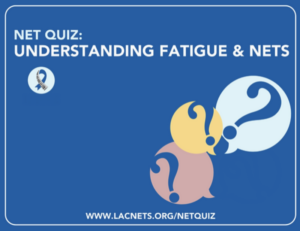NETWise Episode 30: Understanding Fatigue & NETs
Home » Podcasts » NETWise Episode 30: Understanding Fatigue & NETs
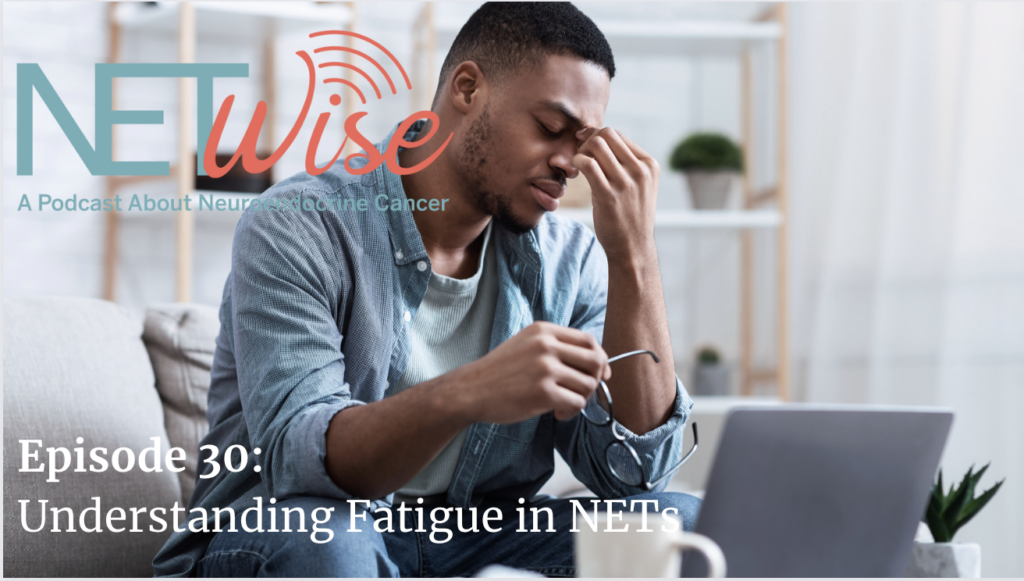
If you’re dealing with NETs, you likely have encountered fatigue in various forms. The spectrum of fatigue spans from temporary and inconvenient to persistent and debilitating. It can be a source of frustration, stress, and, at times, a feeling of isolation, as it may not be readily apparent to others. Despite its prevalence, fatigue often takes a backseat to the primary cancer concerns. However, delving into the distinct causes of fatigue affecting NET patients and exploring effective strategies to manage it can prove beneficial. In this installment of NETWise, our focus shifts to the often-overlooked aspect of fatigue.
NET Experts in this episode:
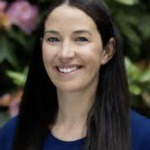 Claire Mulvey, MD is a thoracic medical oncologist at the University of California in San Francisco. She specializes in lung neuroendocrine cancers. Mulvey’s research centers on developing new treatments for lung neuroendocrine tumors as well as on improving outcomes and quality of life for patients with these cancers.
Claire Mulvey, MD is a thoracic medical oncologist at the University of California in San Francisco. She specializes in lung neuroendocrine cancers. Mulvey’s research centers on developing new treatments for lung neuroendocrine tumors as well as on improving outcomes and quality of life for patients with these cancers.
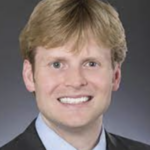 Scott Paulson, MD, serves as the co-director of the Gastrointestinal Research Program for The US Oncology Network, as well as the medical director for the Neuroendocrine Research and Treatment Center at Baylor Charles A. Sammons Cancer Center.
Scott Paulson, MD, serves as the co-director of the Gastrointestinal Research Program for The US Oncology Network, as well as the medical director for the Neuroendocrine Research and Treatment Center at Baylor Charles A. Sammons Cancer Center.
 Amanda Phipps, PHD, MPH is an associate professor of epidemiology at the University of Washington and the Fred Hutchinson Cancer Center. Her research focuses on how different lifestyle factors impact patient survival among those with cancer.
Amanda Phipps, PHD, MPH is an associate professor of epidemiology at the University of Washington and the Fred Hutchinson Cancer Center. Her research focuses on how different lifestyle factors impact patient survival among those with cancer.
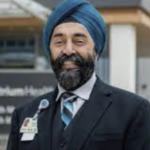 Jaspal Singh, MD, MHS is the medical director for Innovation and Quality Improvement for Pulmonary Oncology at Atrium Health Levine Cancer Institute and the medical director for Critical Care Practice and Education at the Jan & Ed Brown Center for Pulmonary Medicine at the Levine Cancer Institute at Atrium Health and Wake Forest School of Medicine.
Jaspal Singh, MD, MHS is the medical director for Innovation and Quality Improvement for Pulmonary Oncology at Atrium Health Levine Cancer Institute and the medical director for Critical Care Practice and Education at the Jan & Ed Brown Center for Pulmonary Medicine at the Levine Cancer Institute at Atrium Health and Wake Forest School of Medicine.
Very special thanks to Beth Leonard and Carrie Camino for sharing their NET story in this episode.
Special thanks to our sponsors for their support of this podcast.
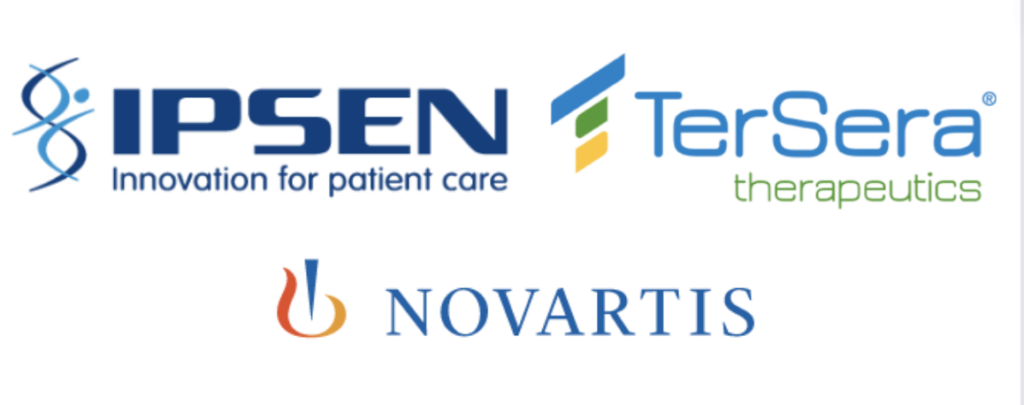
Get in touch:
Email questions or feedback to podcast@netrf.org. Find us on Facebook and Twitter, YouTube.


